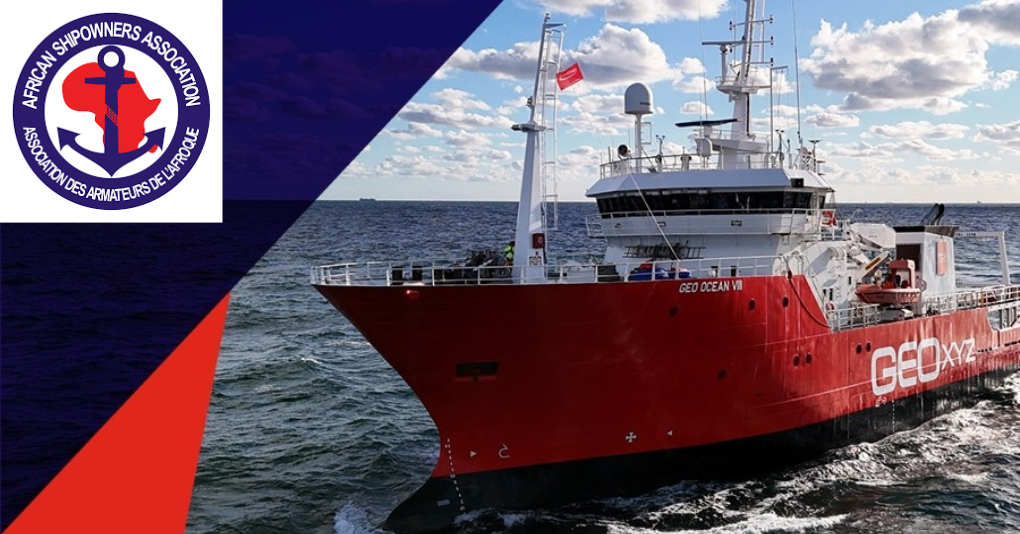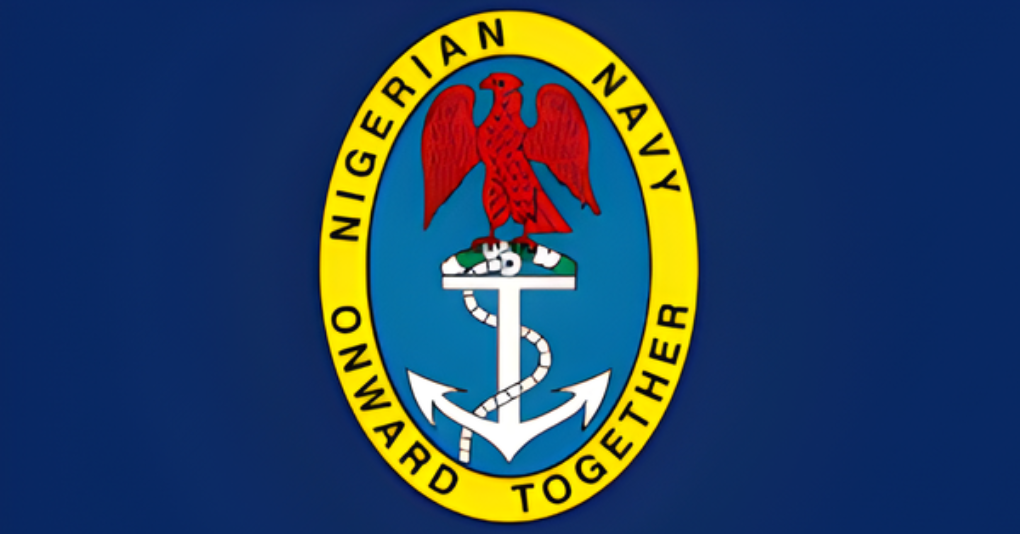The African Shipowners Association said that the group has concluded plans to implement a continental cadetship and crew development programme through it, connecting African cadets to tackle the shortage of skilled maritime professionals in the region.
The President of ASA, Nigeria Chapter, Captain Ladi Olubowale, disclosed this in an exclusive chat with Press in Lagos recently.
He explained that the move would ensure practical sea-time experience, a prerequisite for certification and career progression.
“No fleet can grow without capable human resources. ASA recognises that skills development is the backbone of fleet expansion. We are therefore implementing a continental cadetship and crew development programme through our members, connecting African cadets to ships under a PPP framework. This ensures practical sea-time experience is a prerequisite for certification and career progression. The goal is to create a sustainable human capital pipeline for Africa’s future fleets,” Olubowale said.
According to him, several training initiatives are in the pipeline under ASA member companies, adding that the programmes are designed to build human capital across technical, operational, and managerial levels.
“We aim to establish centres of excellence for maritime operations, fleet management, and green shipping technologies, transforming Africa’s workforce into globally competitive professionals,” he said.
Olubowale announced that the next five years will present an unprecedented window of opportunity for African shipowners.
“Key growth areas include coastal logistics and ferry expansion under AfCFTA, green energy and bunkering corridors, knowledge economy around ship repair and retrofitting, trade facilitation, and strategic fleet cooperation for intra-African and intercontinental routes. ASA’s mission is to ensure that African shipowners are financially empowered, operationally capable, and technologically ready to seize these opportunities. These elements are the foundation of a legacy for ship ownership in Africa. We believe that the future of Africa’s shipping is not a distant dream; it is a reality already unfolding, shaped by the courage and collaboration of African shipowners determined to own their seas, shape their trade, and drive their prosperity,” he emphasised.
In 2025, media reported that a maritime research group under the auspices of the Sea Empowerment Research Center had identified the shortage of skilled workforce and poor investment as part of the challenges the nation’s maritime sector faced in 2024.
The group stated this in its New Year Bulletin signed by Eugene Nweke indicated that the Nigerian Maritime Administration and Safety Agency has been working to improve the country’s maritime safety and security, as well as efficient port operations.
Nweke stressed that the agency has achieved some milestones, including the passage of the Suppression of Piracy and Other Maritime Offences Bill into law, the establishment of an integrated national maritime surveillance and security infrastructure, and sustainable implementation of the International Ship and Port Facility Security Code.”
According to him, despite these efforts, a review of the year 2024 shows that the Nigerian maritime industry still faced significant challenges, including “corruption, inefficiency, and limited resources.”
“One of the major challenges is the issue of safety and security with piracy, sea robbery, and illegal bunkering, which are still prevalent in Nigerian waters,’ he said.
The African maritime industry continues to grapple with a significant shortage of skilled professionals, a challenge that has threatened the sector’s growth, competitiveness, and ability to support intra-African trade. In response to this, the African Shipowners Association has unveiled plans for a continental cadetship and crew development programme aimed at connecting African cadets with ships to gain mandatory sea-time experience crucial for certification and career advancement. This move comes amid growing concerns about the sustainability of Africa’s maritime workforce.
The African Shipowners Association is a continental body established to unite, represent, and advance the interests of indigenous shipowners and maritime stakeholders across Africa. Formed in response to Africa’s historically limited ownership of its own shipping assets, ASA’s mission is to promote increased African participation in global and regional shipping, foster policy harmonisation, and build maritime capacity across the continent. The association works closely with African Union bodies, regional economic communities, port authorities, and national maritime administrations to create a supportive regulatory environment for African shipping businesses. ASA advocates for policies that enable fleet development, fair access to cargo, and empowerment of local maritime professionals.
Share this post





Be the first to comment on this post